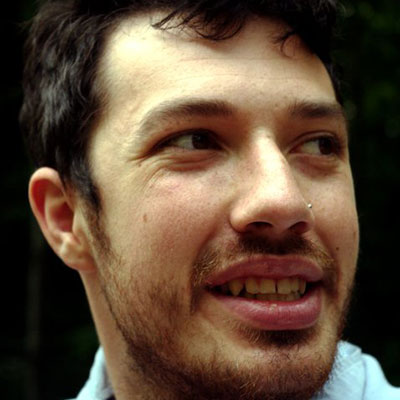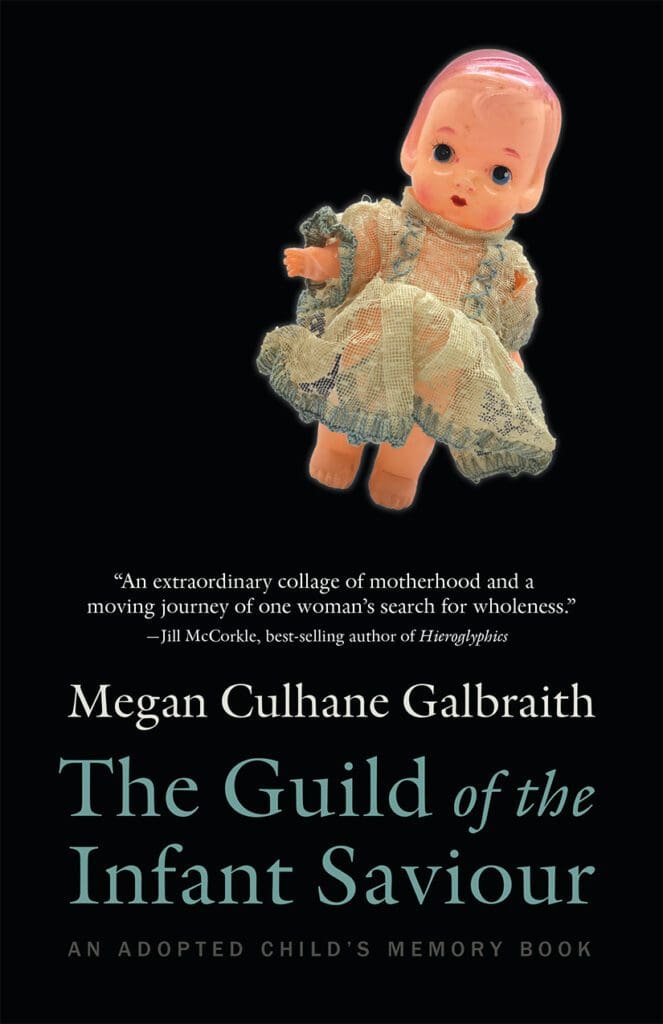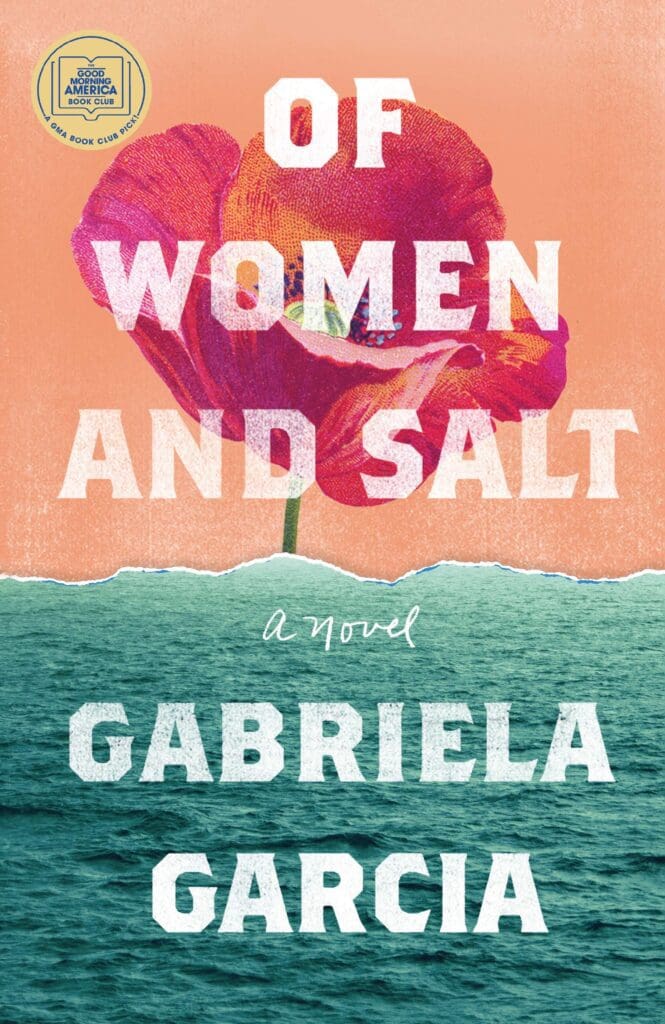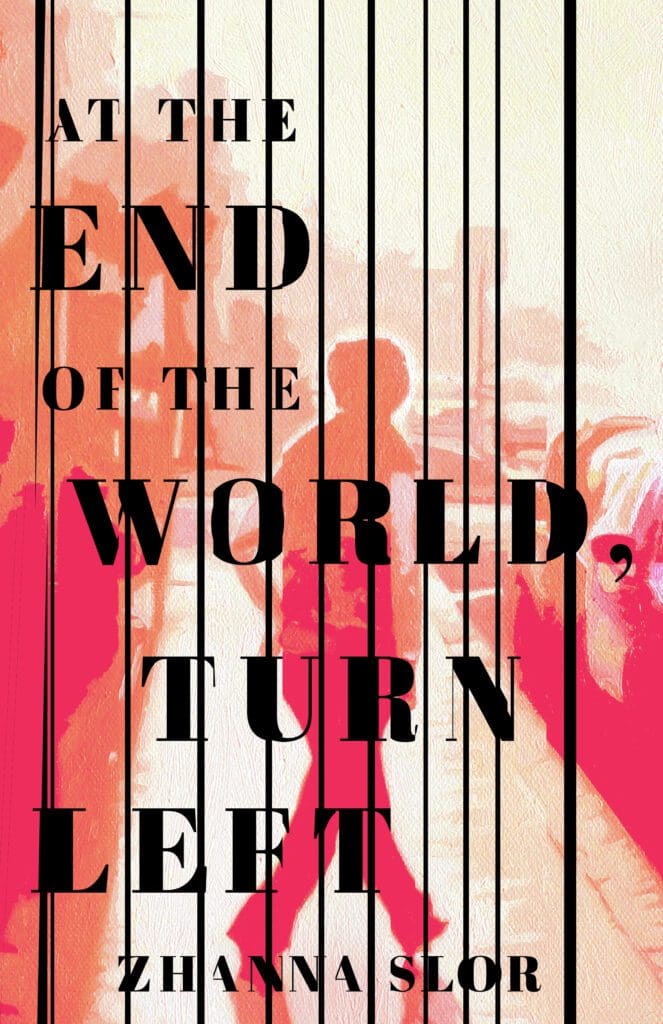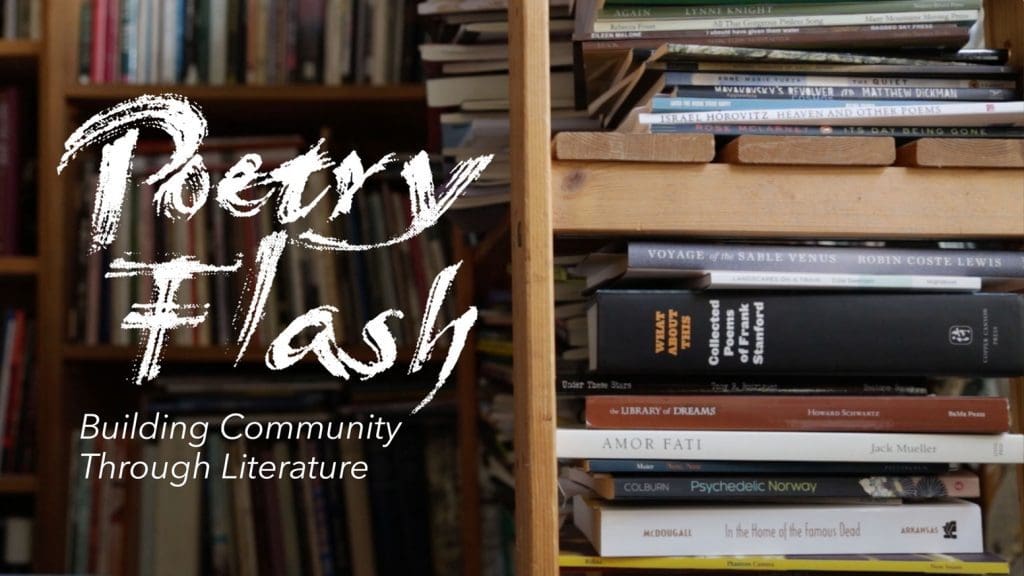What do an iPhone and a lyric poem have in common? It’s a question that animates the work of writer and technologist Benjamin Voigt, whose poems forge nimble, unexpected connections between the poetic and the digital. In Voigt’s new poem, “Walden Two”—which appears in our Technology-themed Issue 120—we encounter a speaker sorting through layered circuitry of memory, thought, and language. “I’ve held onto that last line for a long time,” Voigt reflects, mid-poem, “and don’t know if I’ve used it right, / or if this is a glitch / in my programming I’m still debugging.” We recently spoke with Voigt […]
Spotlight on Issue 120: Q&A with Benjamin Voigt
by Owen Torrey
